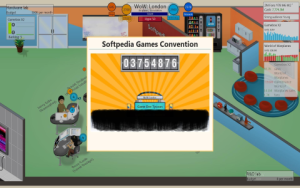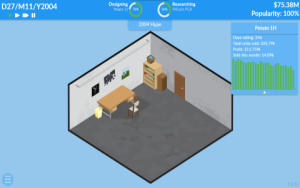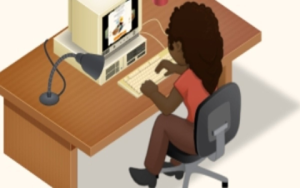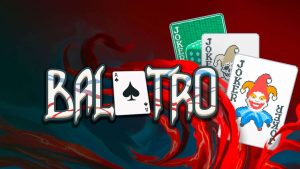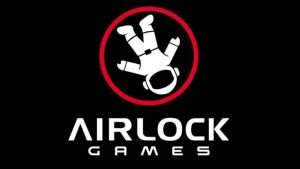game dev tycoon hardware engineer
Okay, so I’ve been messing around with Game Dev Tycoon again lately, and I decided to really dig into the hardware engineer role. I’ve played this game a bunch, but never really focused on that aspect. Figured it was time to change that!
First thing I did was start a new game – fresh start, you know? I made sure to pick a character with a decent tech stat, because, well, hardware engineer, duh. I wanted someone who could learn fast and wouldn’t be totally useless in the beginning.
Early game, I mostly just followed the usual routine: making small games, training my staff, and researching new topics. But, I kept a close eye on the “Hardware” research option. As soon as it popped up, I jumped on it. No point in waiting, right?
My first hardware project? I kept it simple. Something basic, just to get my feet wet. I wanted to get familiar with the process. I remember spending a little time figuring out, the sliders and feature points. The interface is kinda like when you’re designing a game, but with different things to consider. There are considerations for processing power, form factors, input methods, graphics, and sound. It is important that there is a proper balance between various factors.
After setting everything up, I assigned my best tech-focused employee (the one I’d started with) to the project. Then, it was just a waiting game. Watching that progress bar slowly creep up… always makes me a little anxious! I remember the first time i created it, I would stare at the screen and do nothing else.
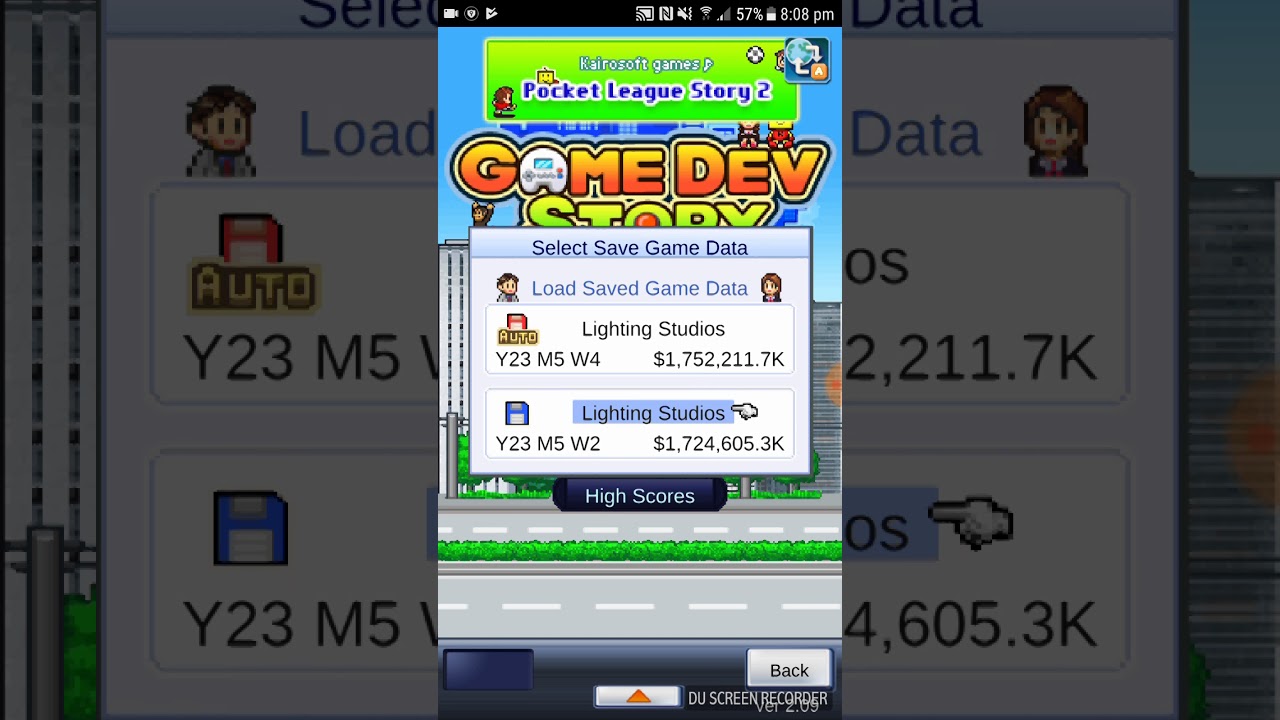
Once the hardware was “done,” I had to manufacture it. That part was pretty straightforward. Pick a name, set a price, and boom – out in the market. Honestly, my first piece of hardware was nothing special. It barely made a profit. But that was okay! I learned a lot. I got to know the interface and work process.
Subsequent hardware projects
- Improved Features: With each new project, I tried to add better features, balancing cost with performance.
- Market Research:I spent time looking to what worked and how to improve the next project.
- Profit: The money started rolling in. It’s really satisfying to see those sales numbers go up!
The really cool part, though, was using my own custom hardware to develop games. It gave me a bit of an edge, especially when targeting specific genres that matched my hardware’s strengths. It felt like I was finally getting the hang of the whole “hardware engineer” thing.
It is a great game to learn and have fun. It’s not a perfect system, and there’s definitely some trial and error involved. But that’s part of the fun, right? Figuring out what works and what doesn’t.
